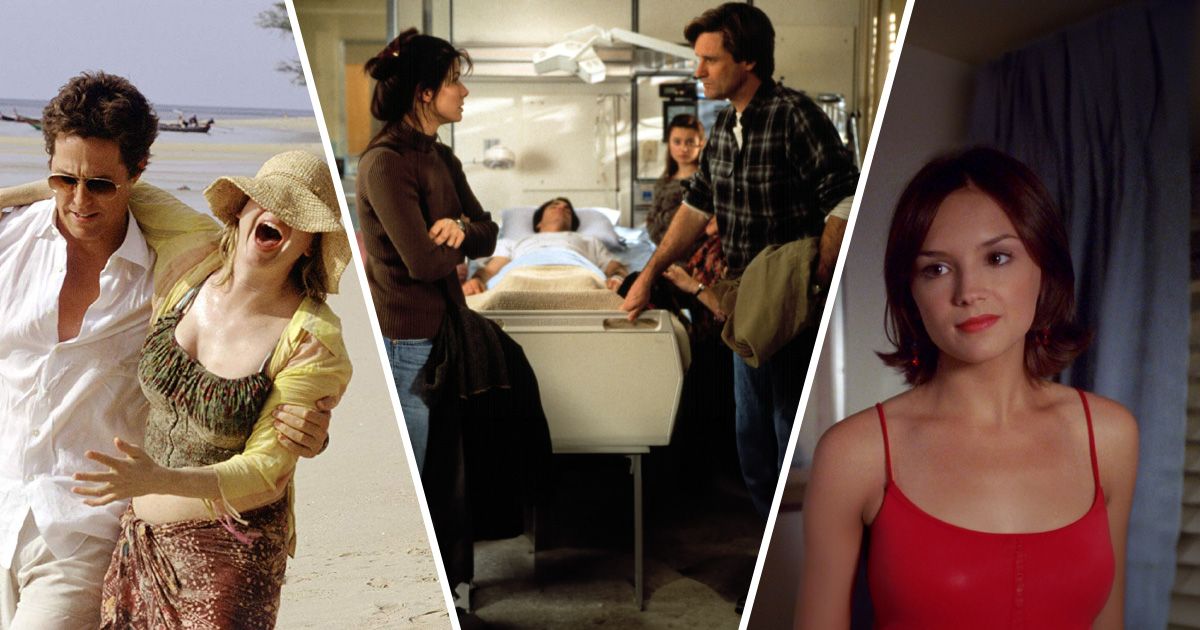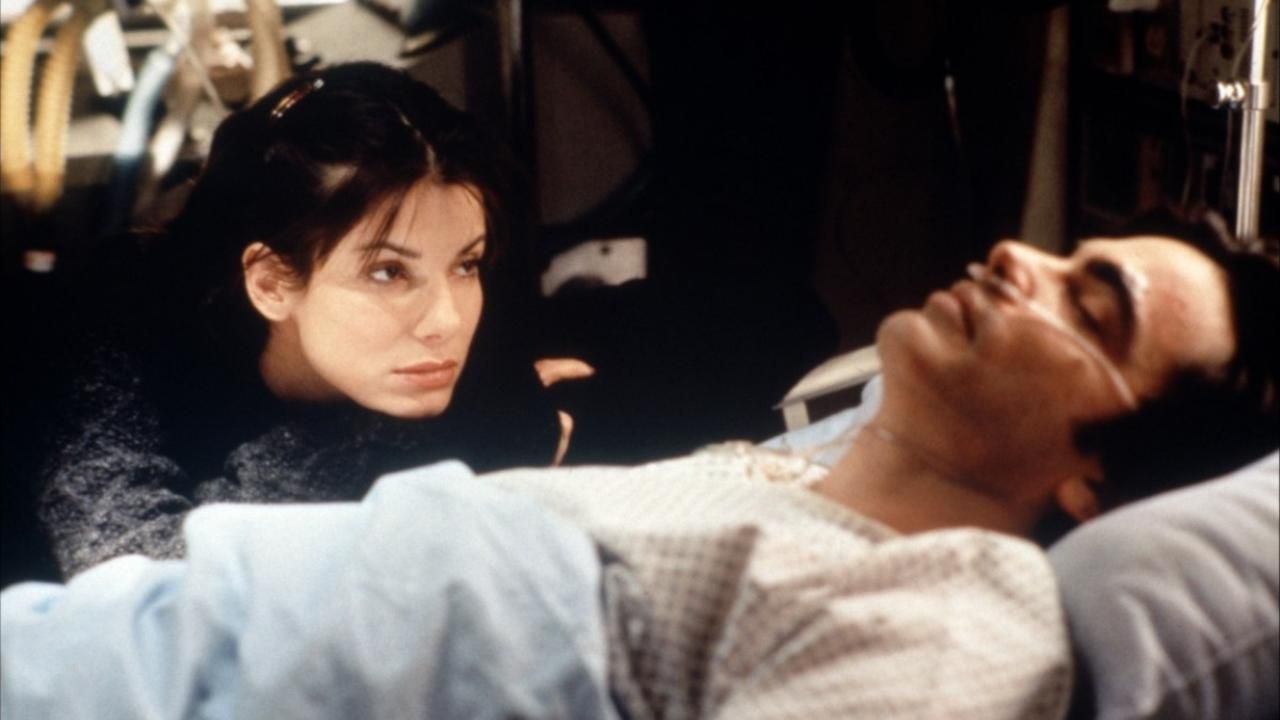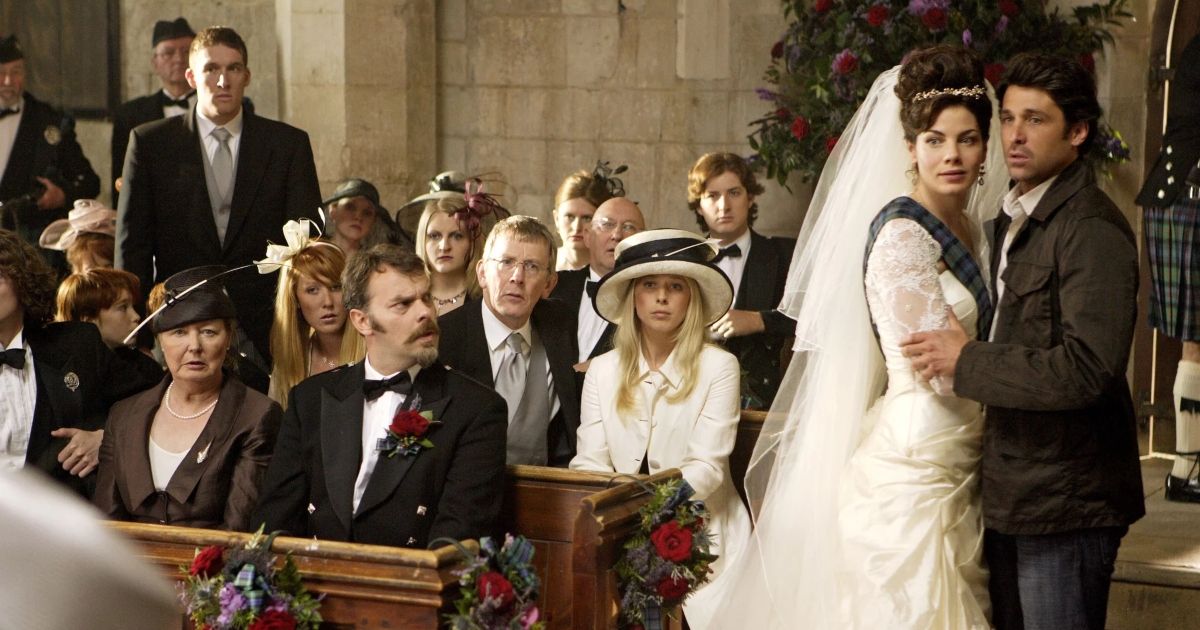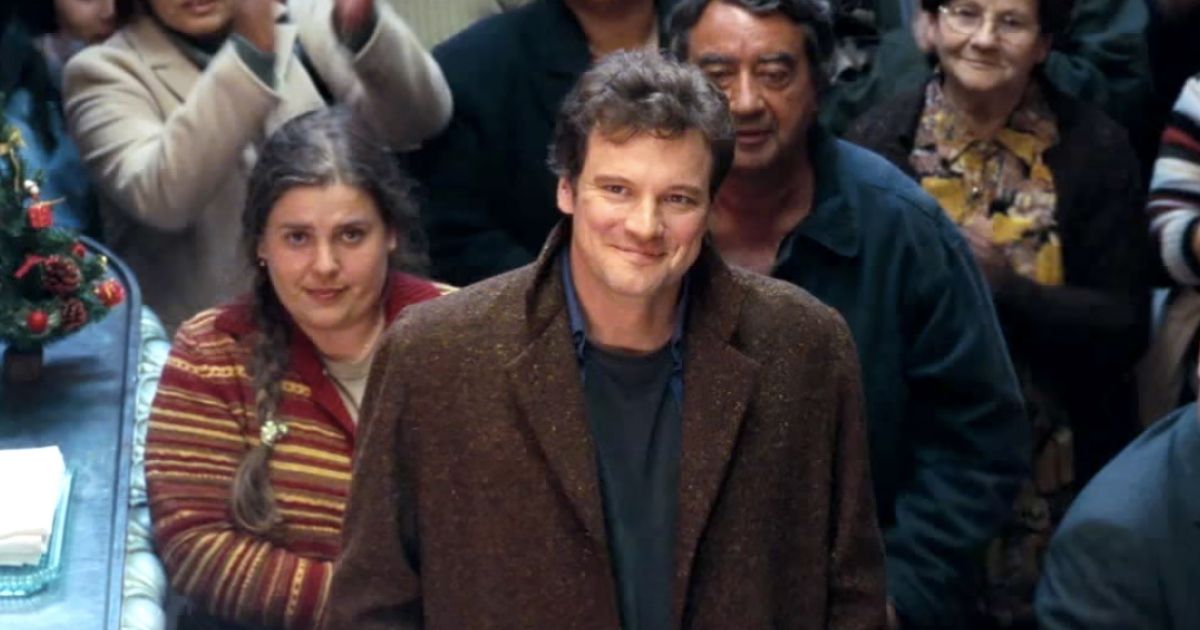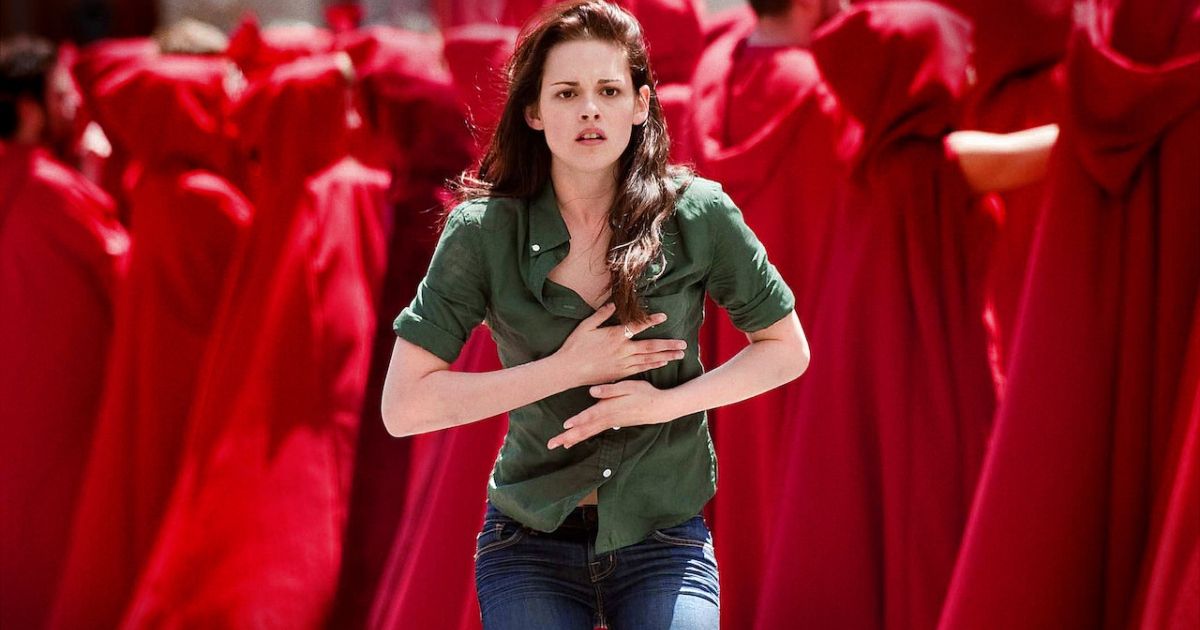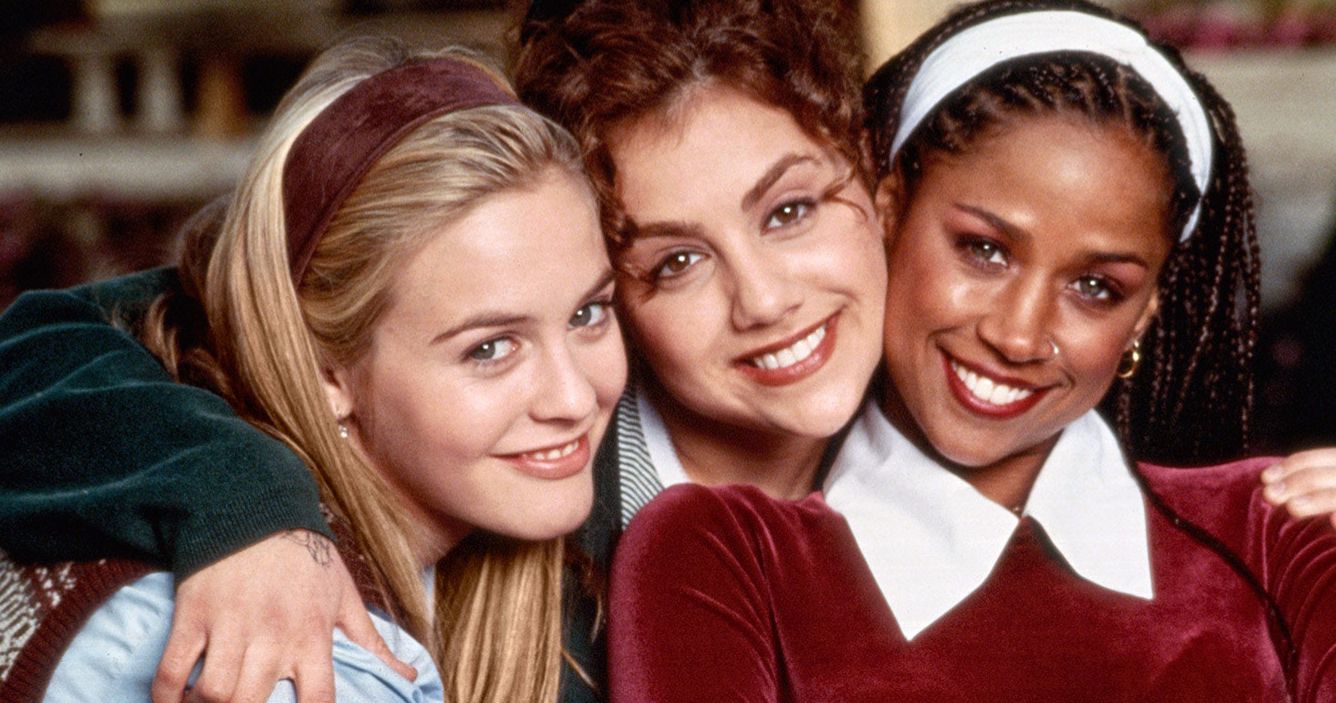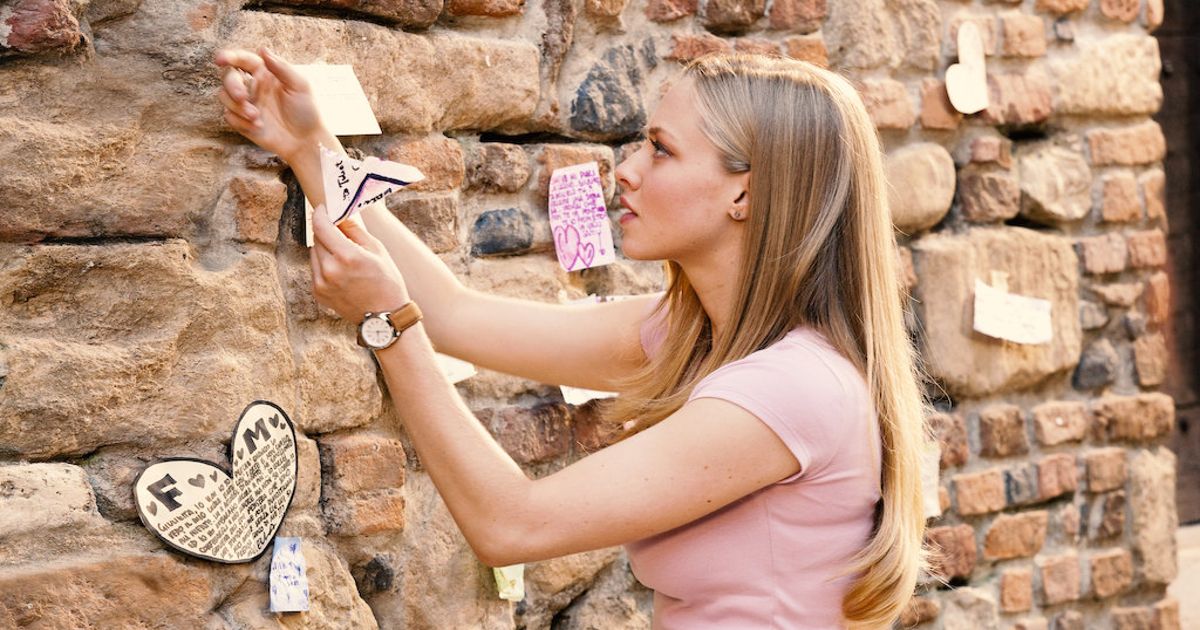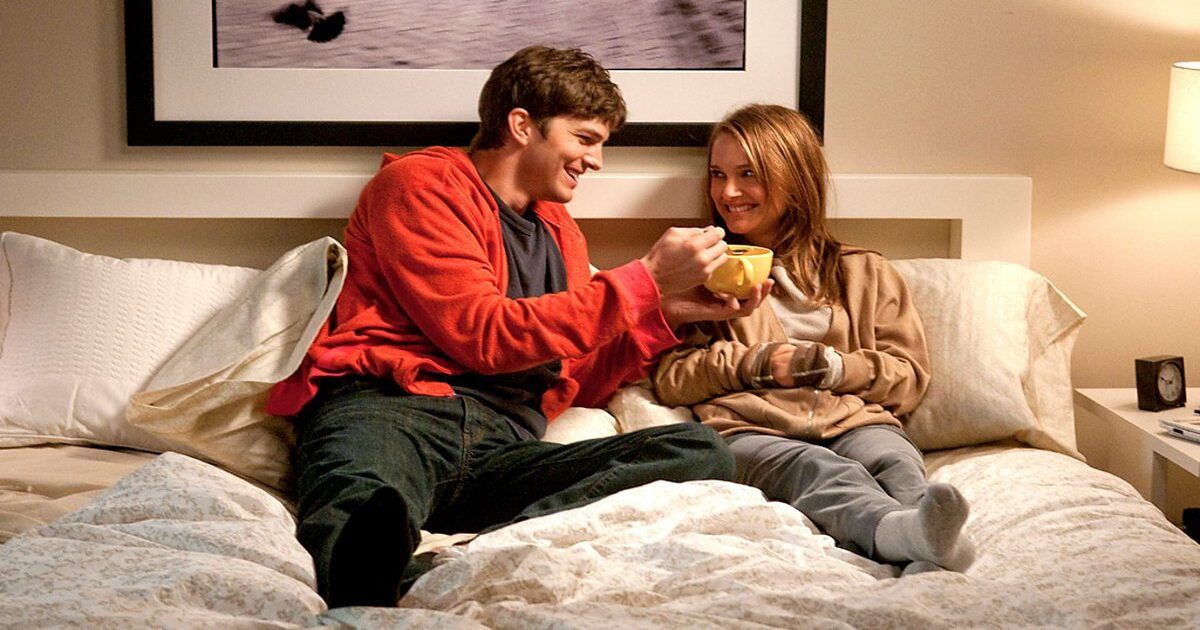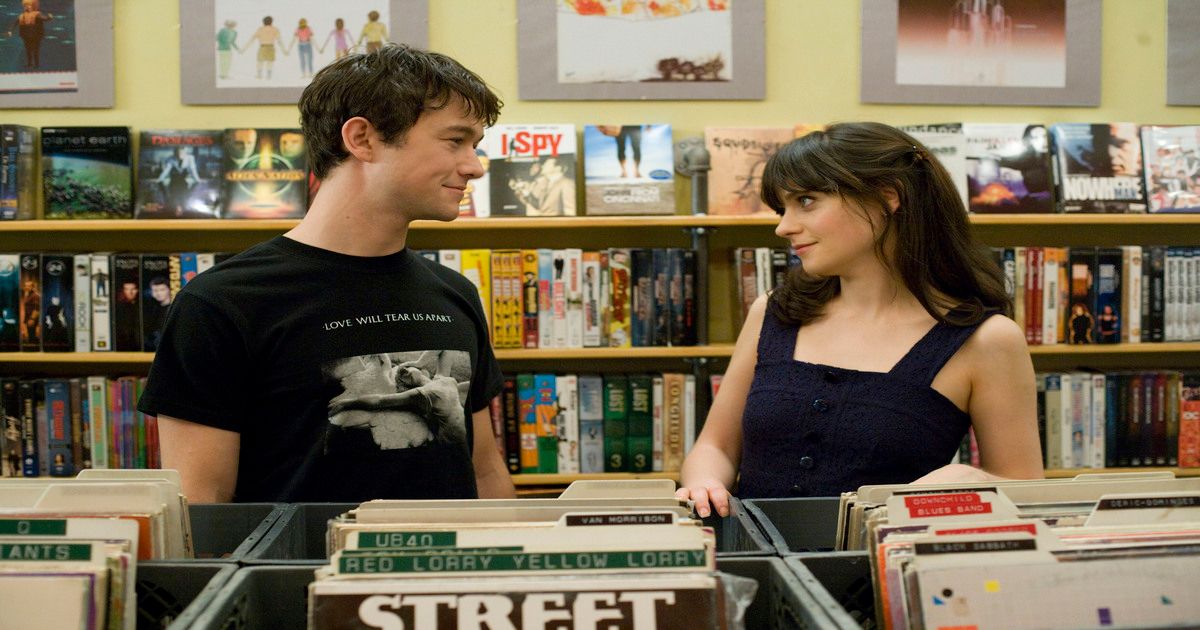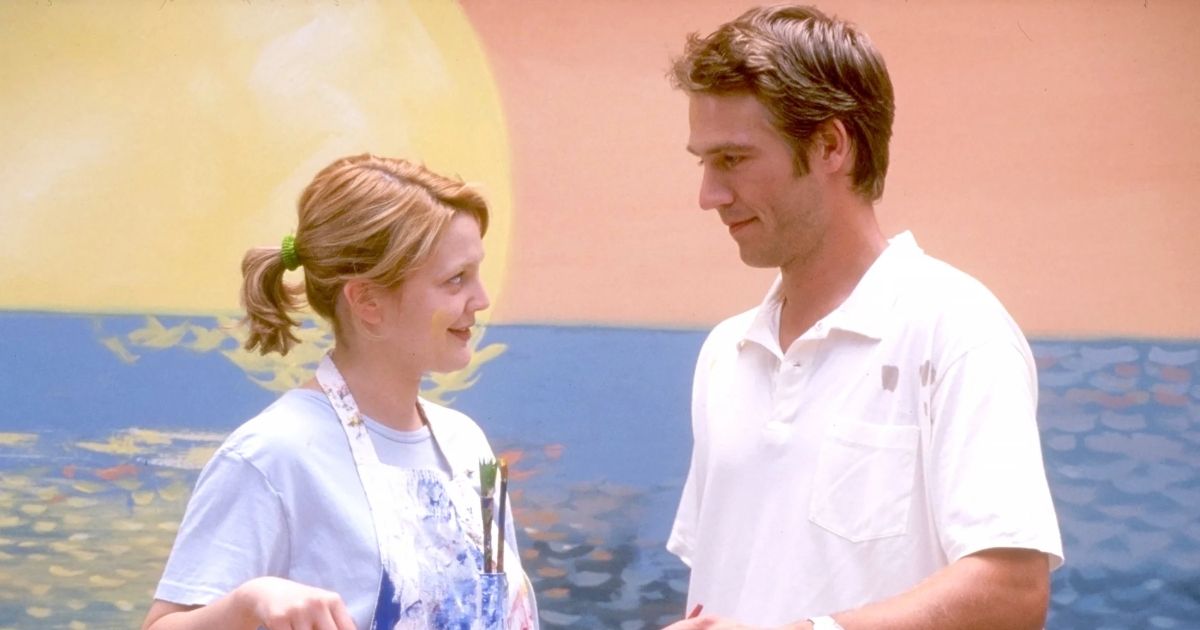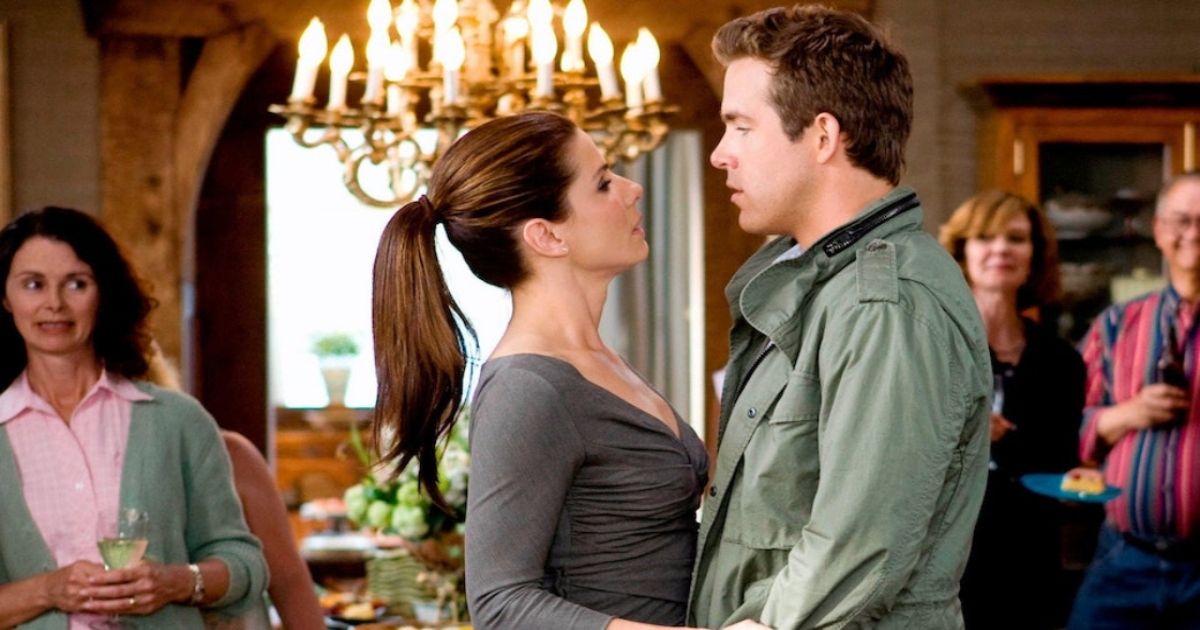It happens too often — a person is happily watching a too-much-in-love couple in a romantic film, only to realize halfway through that it seems like they've seen this exact movie before. They don't have deja vu, and there is no need to question their sanity, though, as countless romantic flicks out there continuously employ the same done-to-death clichés. The result? A love story that is meant to make viewers get the feels and go misty-eyed instead comes across as tiring, predictable, and contrived.
Update September 1, 2023: This article has been updated with even more overused cliches in romantic films.
The ideal scenario would be for the viewers to root for the main couple, who overcome their fair share of hurdles, to come together at the end of the day. But whether one goes as far back as The Merry Widow in 1925 or dives into more recent cliche fests, the romantic genre has disappointingly stuck to its set list of repetitive tropes and unoriginal plot lines. While they are all worthy of being retired ASAP, we have highlighted the five most excessively used and annoying staples in romantic films that Hollywood truly needs to ditch.
The Stalker Mode
The protagonist sees their beloved for the first time and instantly falls in love. While love-at-first-sight storylines can become masterpieces, it is what follows next that can be troubling. The protagonist then either breaks into the person's house (or hospital room, in the case of While You Were Sleeping) to watch them sleep because they're oh-so-in-love and fighting their growing feelings (Twilight) or decides to pursue her persistently despite multiple obvious rejections from the girl (There's Something About Mary).
What makes this rusty cliché unbearable is that more often than not, the girl ends up finding this stalker-like behavior endearing and eventually falls in love with the guy. The trope sometimes gets reversed, as in Single White Female, Basic Instinct, and so on, and the audience has to deal with watching a woman obsessively stalk a (usually married and smarmy) man for the hundredth time, sometimes resulting in a psychosexual thriller.
The Delayed Epiphany at the Altar
For some mysterious reason, the protagonist always keeps a lid on his or her feelings throughout the film, even when the person they love announces that they are getting married to someone else. Nothing shakes their unnecessary resolve until…they see the about-to-be-married couple at the altar. After this particularly “enlightening” realization that they “can’t live” without them, they then proceed to give the same old I-am-so-in-love speech in front of all their family and friends because what is love unless you turn it into a monologue of grand declaration, right?
Following this, the other person gets all emotional, suddenly realizing their own feelings, and ready to bid farewell to their bride or groom; this was made iconic in The Graduate but has happened endlessly since in films like Runaway Bride and Made of Honor.
The Mad Dash to the Airport
If it’s not their wedding, then the protagonist in love picks the one day that their beloved is leaving the city or even the country forever (Love Actually, The Wedding Singer, How to Lose a Guy in 10 Days). They will then zoom through traffic (or run a ridiculous length) in order to make it to the airport in time, madly dash through the crowd, and just catch their soulmate seconds before they are ready to board their flight.
After all, how can a trivial thing like airport security get in the way when the protagonist has just woken up and decided to profess their not-so-hidden feelings? These tropes of having characters realizing their feelings at the last possible second have become so redundant that whenever a story confirms that the other person will leave or get married by the end of the film, it’s a no-brainer to predict what will happen next.
The Strong Assumption Game
Just like airport security, two people properly communicating is an often lost concept in romantic films. Yes, it is understandable that both will have to trump many obstacles to finally be together, but writers of such films often introduce pointless hurdles in their life like an unnecessary misunderstanding based on zero solid evidence. Case in point-- in Bridget Jones’ Diary: The Edge of Reason, Bridget makes the baseless assumption that Mark is cheating on her with his assistant Rebecca, though there is literally nothing happening to make her even remotely suspicious.
Or in The Twilight Saga: New Moon, Jacob mentions a funeral on a phone call with Edward, who misinterprets it into thinking that Bella has died, so he flies to Italy in order to die by suicide. This miscommunication trope dates back to Romeo and Juliet, where a simple conversation could've prevented a double suicide even earlier. Now, such situations can be resolved if people just decide to put their directionless doubts into words. Apparently, though, this would disrupt the writers’ mission to portray their star-crossed characters' unrequited love.
The 'Ugly Duckling' Transformation
More often than not, when the lead character in a romantic flick is seen wearing glasses and/or baggy clothes (or an additional ponytail in the case of women), they are headed for one epic makeover, after which they become instantly irresistible to people (Clueless, She's All That). For some utterly nonsensical reason, their prior appearance automatically makes them unattractive and all they have to do is remove their glasses for everyone to suddenly and ignorantly exclaim, “Oh my, what a beauty!” This can be seen to the most chauvinistic effect in The Breakfast Club. Hopefully, with its future slate of movies, Hollywood is planning to restore sanity to the world of romance by presenting some unique love stories sans these usual, monotonous clichés.
Love Found in Another Country
In the early aughts especially, we saw an entire crop of romantic movies that featured the heroine finding her true love only after traveling to another country (Letters to Juliet, Under the Tuscan Sun, Eat Pray Love, When in Rome). The story often involves a woman unsatisfied with her current partner or career and seeking a major life change, which prompts her to travel and causes her to fall in love with the first handsome (and often annoying) guy to cross their paths. Obviously, Americans find many foreign countries romantic, hence popular travel destinations, so it makes sense to set romantic comedies in them.
Finding Love With Your Best Friend
The classic rom-com When Harry Met Sally seemed to kickstart a trend in which the main characters went through an entire movie completely oblivious that their soul mates were already in their lives and had been for a while. After dating one or more people who seemed to fit their perfect mate criteria, they have an epiphany that they actually love their best friend instead (My Best Friends Wedding, anyone?).
There are two subcategories this cliché contains: the faking a relationship with your best friend to make someone else jealous cliché (Drive Me Crazy, Can't Buy Me Love) and the friends hooking up, only to eventually fall in love trope (No Strings Attached, Friends With Benefits).
The "Manic Pixie Dream Girl"
The "manic pixie dream girl" is a term that describes a female character archetype that has become popular in romantic comedies. She's beautiful but quirky, and her main purpose is to teach the male protagonist to appreciate life more. In other words, almost any character Zooey Deschanel has ever played on screen, including (500) Days of Summer and Yes Man. We also saw this with Kirsten Dunst in Elizabethtown, Kate Hudson in Almost Famous, and Natalie Portman in Garden State.
Inappropriate Couplings
The late 90s and early aughts also saw several rom-coms in which someone falls for someone else in circumstances that would be deemed wildly inappropriate in real life. Yes, Clueless, this one includes you, too, since step-sibling romances have always been seen as taboo. Probably most prominent was Never Been Kissed, in which a male teacher fell for a high school student, not realizing she was an undercover reporter. Other contenders for this cliché include Love Actually (taking advantage of an employee) and Overboard (taking advantage of an amnesiac).
Enemies-Turned-Lovers
One of the biggest clichés in romances is the enemies-turned-lovers trope, in which two people who greatly dislike one another eventually fall in love. A Walk to Remember, 10 Things I Hate About You, Can't Buy Me Love, Pride & Prejudice, and Life As We Know It are only a handful of examples. One of the best and most popular rom-coms to feature this cliché is The Proposal, starring Ryan Reynolds and Sandra Bullock. Sometimes, just because something contains a cliché doesn't mean you can't have a fun watch.

